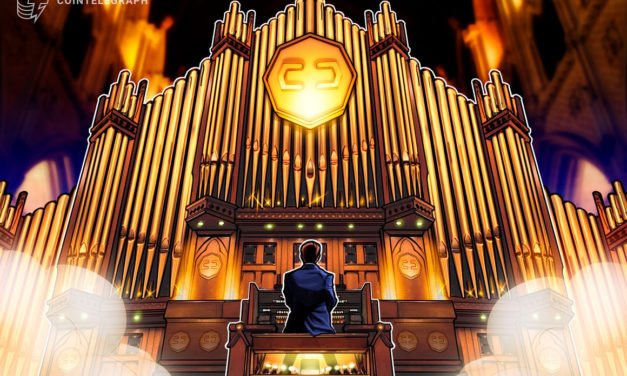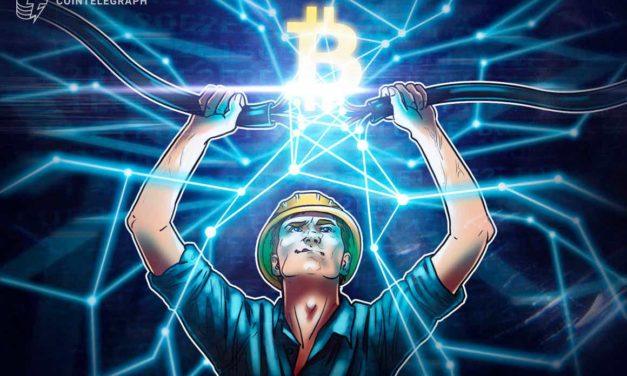Realtor may have accepted $3M offer for Washington DC property linked to Sam Bankman-Fried
The Washington, D.C. townhouse owned by Guarding Against Pandemics was listed as “contingent” on a real estate website, suggesting the party handling the deal has accepted an offer.
Čítaj viac







